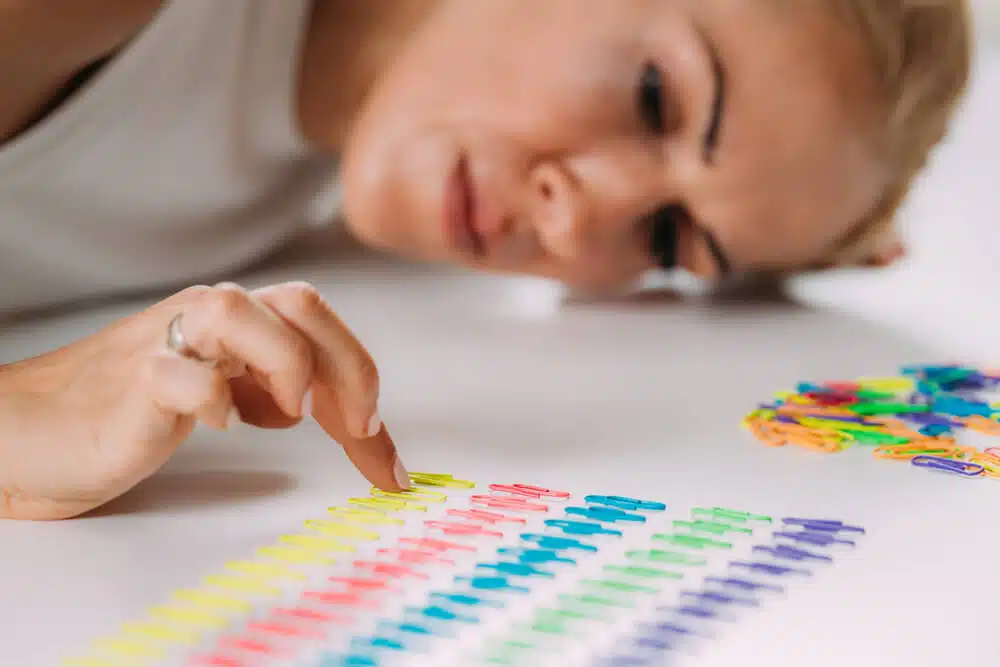Relaxation Techniques For Anxiety
Sometimes we all feel that our well-being😠 slipping away and we’re in need to relax😶🌫️. But how do we know that the strategies🥬 we want to try will work?🧑💼 Well, to start, we can try science-based relaxation techniques. Relaxation is a process to decrease the stress effects on your mind and body. Relaxation techniques can help you cope with everyday stress. And these techniques can help with long-term stress or stress related to various health problems, such as heart disease and pain. Here are several relaxation techniques for anxiety that science says can help you decrease stress.

Relaxation Techniques In Psychology
In some types of therapy, relaxation exercises play a key role. As relaxation may help soothe the symptoms of a variety of mental health issues, a counselor may teach you certain relaxation techniques or assign them as therapy “homework.” Some common forms of therapy in which relaxation is a key component include:
Autogenic training
Also known as autogenic relaxation, this relaxation technique is similar to muscle relaxation. Autogenic relaxation may be done during a therapy session and involves calming breathing techniques and meditation to achieve relaxation. A study found that autogenic training helped with headaches, hypertension, anxiety, depression, and sleep issues.
Biofeedback
Biofeedback uses electric sensors to help people understand their body’s response to different thoughts. It may help people connect effective coping mechanisms or healthy, relaxation-promoting thoughts with reduced tension within their body by displaying the body’s various responses through biofeedback equipment.
Cognitive behavioral therapy (CBT)
As CBT is often used to help people recognize and confront unhealthy thought patterns and replace them with functional ones, it may also help people root out thought habits that contribute to tension. Mindfulness-based cognitive therapy (MBCT) may also help reduce anxiety and stress.
Therapeutic imagery
During guided therapeutic imagery, a therapist helps someone envision a relaxing scenario. A study published in the Journal of Pain and Symptom Management found that guided imagery and relaxation were just as effective as progressive muscle relaxation in reducing pain. Another study found that guided imagery increased self-esteem and reduced anxiety in postpartum mothers.

Hypnotherapy
During a hypnotherapy session, the therapist may typically help the person in therapy relax and may give them a phrase to use (called a “suggestion”) to induce self-hypnosis, or a state of relaxation when feeling tense. Research supports the effectiveness of hypnosis in reducing anxiety and calming somatic symptoms caused by stress.
Relaxation Techniques For Anxiety
Difficulty achieving relaxation can lead to serious physical and mental health issues including anxiety, chronic fatigue, headaches, chronic pain, sleep disorders, hypertension, and more. With the help of compassionate mental health professionals, you can explore the roots of your tension and learn new skills and relaxation techniques you can use to gain a deeper sense of calm and greater health and well-being. If you need FREE help please contact the National Helpline about mental and/or substance use disorders, prevention, treatment, and recovery in English and Spanish.


SUICIDE PREVENTION
If you think someone is at immediate risk of self-harm or hurting another person:
- Call 911 or your local emergency number.
- Stay with the person until help arrives.
- Remove any guns, knives, medications, or other things that may cause harm.
- Listen, but don’t judge, argue, threaten, or yell.
- If you or someone you know is considering suicide, get help from a crisis or suicide prevention hotline. Try the National Suicide Prevention Lifeline at 800-273-8255.
Published: August 05, 2022
Last Updated: August 22, 2022

Published: January 26, 2026
OCD vs. Autism: Understanding the Differences
Obsessive-compulsive disorder (OCD) and autism spectrum disorder (ASD) are often confused with one another. Both can involve repetitive behaviors, rigid routines, sensory sensitivities, and distress when things feel “off.” From the outside, the overlap can look striking. But in clinical treatment, the why behind those behaviors matters just as much as the behaviors themselves. At […]
Read more
Published: January 15, 2026
Obsessive-Compulsive Personality Disorder (OCPD)
People living with Obsessive-Compulsive Personality Disorder or OCPD often don’t see themselves as struggling with a mental health condition. They see themselves as responsible. Disciplined. Reliable. The person who holds everything together when others fall apart. But beneath that structure, many feel chronically tense, emotionally restricted, and exhausted by the pressure to do everything “the […]
Read more
Published: December 15, 2025
Why Mental Health & Addiction Spike During the Holiday Season?
The holiday season is often described as a time of joy, connection, and celebration. Yet for many individuals, it is also a period marked by increased emotional distress, worsening mental health symptoms, and a higher risk of substance use and relapse. Research consistently shows that rates of anxiety, depression, and addictive behaviors rise during late […]
Read more
